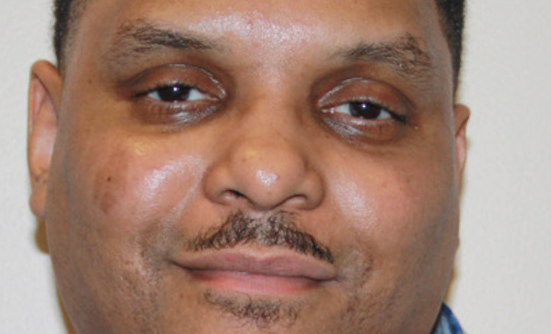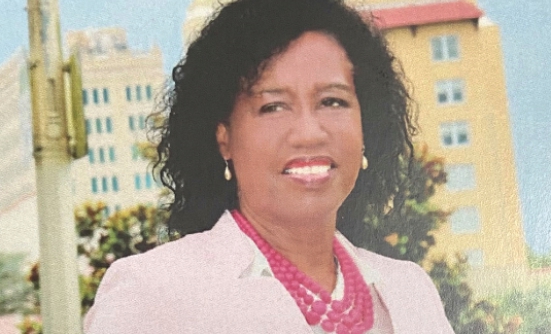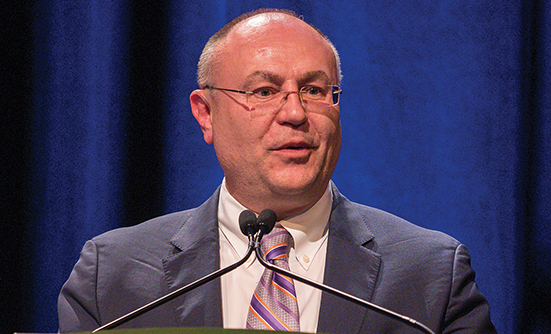In 2013, Earl Shellner was diagnosed with colorectal cancer. What followed was a year of aggressive treatment that included surgical removal of his colon, large intestine, rectum, and anus. He began his first round of chemotherapy, followed by 25 sessions of radiation and, finally, his last round of chemotherapy.
Excited that the treatment was over, Earl sat down to write thank you notes to those who had helped him along his cancer journey. It was then that he realized he had forgotten how to form the cursive letters of his own name, and he became emotionally distressed.
Earl had been struggling with cognitive impairments from his treatment for some time. His family and friends had noticed that he was repeating stories and using words incorrectly, but they had refrained from saying anything, knowing that he was going through a lot.
“Chemo Brain”
Evidence suggests that Earl’s story is very common. Cancer-related cognitive impairment, often referred to as “chemo brain” or “chemo fog,” is found in up to 75% of patients with cancer according to one study, and was found to persist long after treatment was complete for up to 44% of patients.
Cognitive impairment has been attributed to the cancer itself, chemotherapy, hormonal therapies, and brain radiation. Even subtle impairment can have a devastating impact on a patient’s personal and professional life.
In Earl’s case, he was too embarrassed to go out in public or speak to people over the phone. It was so bad that he pretended he was ill to get out of a New Year’s Eve party commitment.
Effective Therapy Exists
The good news about cancer-related cognitive impairment is that effective therapy exists. The bad news is that very few patients ever get therapy. Patients and oncologists are often not aware of the available rehabilitation services.
Speech therapists have treated cognitive impairments in patients with stroke, traumatic brain injury, and other neurologic conditions for many years. Although the damaged neurons in the brain cannot be repaired, targeted exercises are used to retrain the brain to accomplish old tasks in new ways.
Therapy begins with a comprehensive assessment of the patient’s cognitive status, and a treatment plan is then designed to meet the patient’s needs.
Earl had 12 sessions of speech therapy, and saw great improvement.
“Cancer rehab has given me my life back. I am no longer afraid to speak with others, or give a speech to a room full of people. I still use many of the things I learned from speech therapy, and they help me in some way almost every single day,” Earl said.
Practical Tips
- If you have or had cancer and you are having problems with memory, word-finding, or you are finding it harder to concentrate, you may be a candidate for cognitive therapy. Talk to your navigator, your oncologist, primary care physician, or nurse practitioner, and ask to see a speech therapist for cognitive rehabilitation
- Most speech therapists for adults have the training and experience to help patients with cancer with their cognitive problems
- Most insurance plans cover cognitive rehabilitation with a speech therapist. The insurance coverage depends on what type of insurance you have. Call your insurance company to verify your coverage
Patient Resources
American Speech-Language-Hearing Association
www.asha.org
American Cancer Society
www.cancer.org/treatment/treatmentsandsideeffects/physicalside-effects/chemotherapyeffects/chemo-brain
National Cancer Institute
www.cancer.gov/about-cancer/treatment/side-effects/memory














